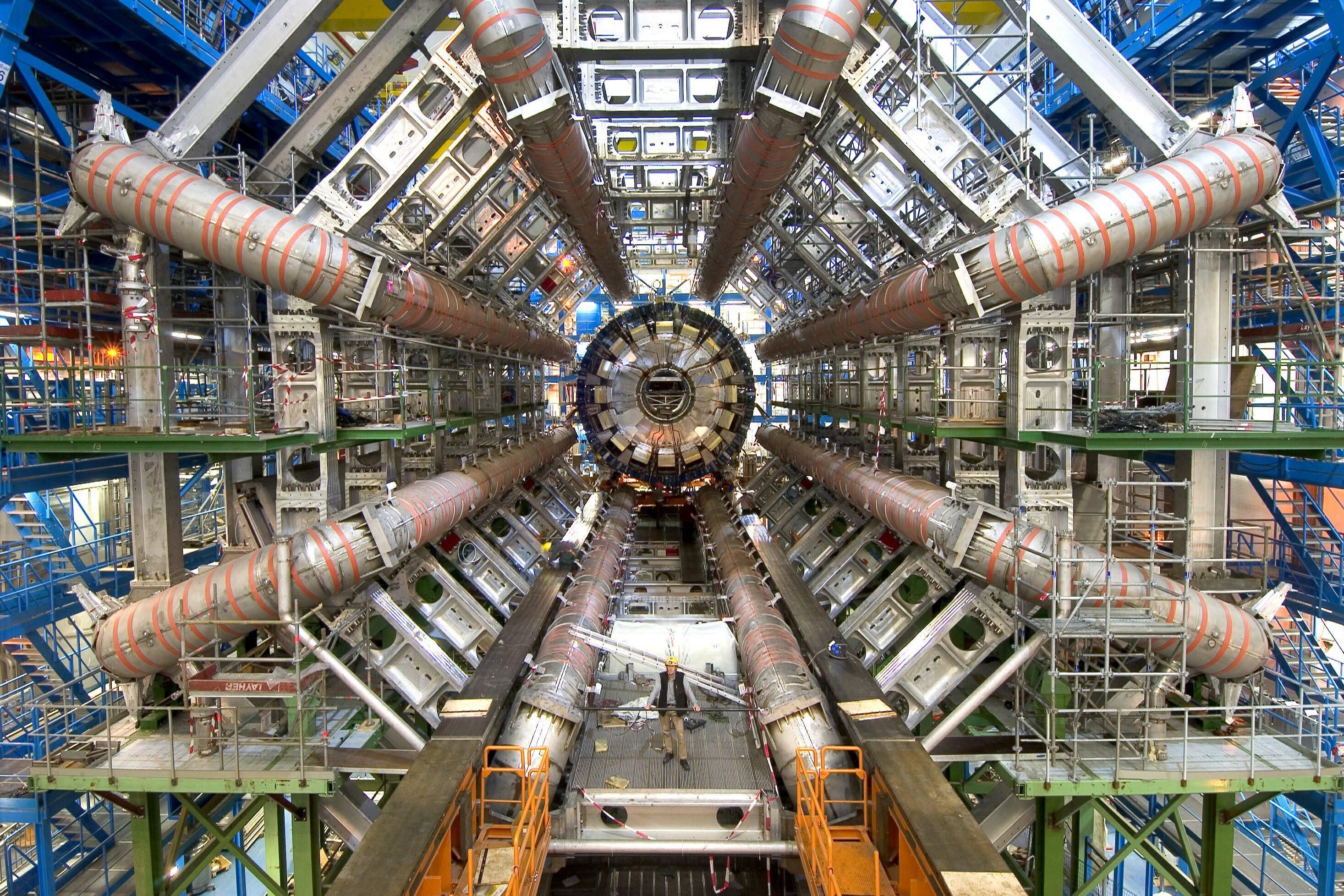What is the Higgs boson particle?
Professor Peter Higgs theorised about the particle and won a Nobel Prize for his work in 2013.

Physicist Professor Peter Higgs theorised about, and won the Nobel Prize for, the Higgs boson.
But what is the elusive subatomic particle – which has also been called the “God particle” – and what exactly did he have to say about it?
– What did Prof Higgs win the Nobel Prize for?
In 1964 Prof Higgs predicted the existence of a new particle, which is now seen as fundamental to the creation of the universe.
The particle’s existence would not be confirmed for almost half a century, with experiments at the Large Hadron Collider at Cern, the European Organisation for Nuclear Research, finally confirming his theory in 2012.
One year later he was jointly awarded the Nobel Prize in Physics for this work, along with Francois Englert.
– What was the theory?
Prof Higgs proposed that the particle gave matter mass and held the physical fabric of the universe together.
Everything we see around us is made of atoms, inside of which are electrons, protons and neutrons, and those are made of quarks and other subatomic particles.
Prof Higgs’s ground-breaking proposal was that particles acquire mass by interacting with an all-pervading field spread throughout the universe. The more they interact, the more massive and heavy they become.
– What is the significance of the Higgs boson?
The discovery of the Higgs boson was vital to the Standard Model – the theory that describes the web of particles, forces and interactions that make up the universe.
Without the Higgs boson to give matter mass and weight, there could be no Standard Model universe.
The particle is part of many theoretical equations underpinning scientists’ understanding of how the world came into being.
If the particle did not exist, then those theories would have needed to be fundamentally overhauled.
The fact that it does exist gives more weight to the so-called Standard Model of particle physics, which explains how much of the universe works.
– What is still unknown?
Scientists say that although the discovery of Higgs boson was monumental, there are still a lot of unanswered questions like: can it interact with dark matter and reveal the nature of this mysterious form of matter?
What generates the Higgs boson’s mass and self-interaction, and whether it has twins or relatives, are other questions that remain unanswered.
New experiments are looking at the particle in unprecedented precision, and researchers are studying the properties of matter under extreme temperatures and density.
Bookmark popover
Removed from bookmarks